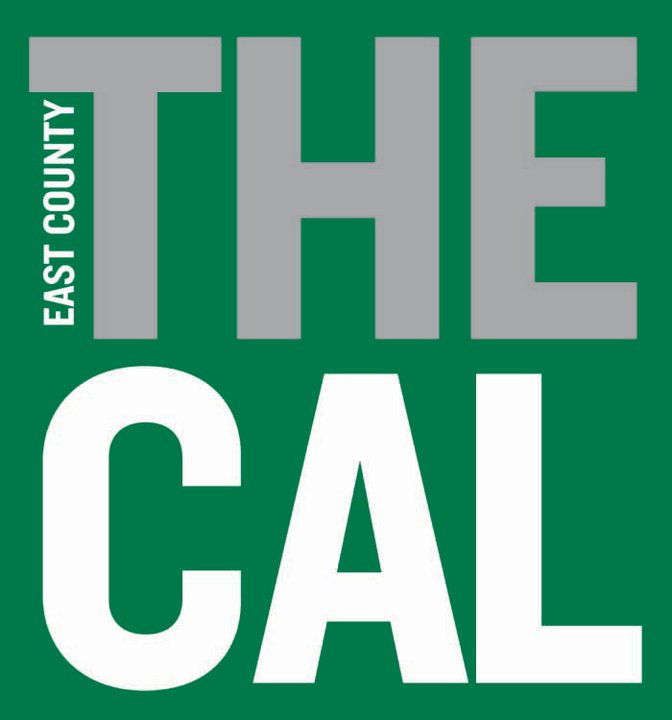The San Diego County Board of Supervisors placed three measures on the November 2018 ballot.
A pair of 4-0 votes with Dianne Jacob recovering from surgery approved the July 24 first reading and introduction of the proposed measures and the Aug. 7 adoption of the ordinance to place them on the Nov. 6 ballot.
The San Diego County Board of Supervisors placed three measures on the November 2018 ballot.
A pair of 4-0 votes with Dianne Jacob recovering from surgery approved the July 24 first reading and introduction of the proposed measures and the Aug. 7 adoption of the ordinance to place them on the Nov. 6 ballot.
One measure would codify in the county charter that proceeds from any long-term general fund obligation shall not be used to finance current operations or recurring needs and that funds appropriated for pension stabilization shall not be used for any purpose other than pension-related liabilities.
Another measure would help ensure balanced representation for residents of unincorporated communities by requiring, contingent upon population permitting, at least three of the five Supervisorial districts to have unincorporated territory with two of those districts having an area predominantly outside incorporated cities.
The third measure modifies the timetable for a special election to fill a Board of Supervisors vacancy, but does not remove the option of the county supervisors appointing a replacement to the vacancy, and also adds the San Diego County Regional Fire Authority to the county’s organizational structure.
The supervisors also authorized Jacob, who is the Board of Supervisors vice-chair, and board chair Kristin Gaspar to sign ballot arguments in favor of the proposed amendment and to sign a rebuttal to any arguments against the measures.
Jacob and Gaspar were also authorized to determine other signatories for the ballot argument in favor or the rebuttal.
The county has an informal policy of using one-time revenues for one-time expenses.
Over the past 25 years the county supervisors have also taken action to address pension obligation liabilities.
A public vote incorporating those amendments into the county’s charter would confirm the current county supervisors’ philosophy.
A 5-0 Board of Supervisors vote June 26 directed the county’s Chief Administrative Officer to return to the board within 30 days with proposed language for a ballot measure which would include provisions that proceeds from any long-term general fund obligation shall not be used to finance current operations or recurring needs and that funds appropriated for pension stabilization shall not be used for any purpose other than pension-related liabilities.
One of the subsections of the amended county charter would stipulate that once the Board of Supervisors apportions funds for pension stabilization those funds shall not be used for any purpose other than pension-related liabilities and would state that pension liabilities include but are not limited to any liability associated with a defined benefit, defined contribution, or other post-employment benefit.
The other subsection in that proposed change would state that proceeds of any long-term obligation of the county’s general fund shall not be used for recurring operational needs.
Every ten years, the Board of Supervisors’ redistricting process is conducted. The incumbent county supervisors have approved all new boundaries, but as part of the 2011 redistricting process the county supervisors sought state legislation which would allow an independent redistricting commission comprised of retired judges to conduct the redistricting.
Senate Bill 1331 changed the California Elections Code to allow that independent panel, although in 2017 Assembly Bill 801 replaced the independent redistricting commission with a citizens’ redistricting commission. When the county supervisors sought the independent commission in 2011 the supervisors also directed that the county charter be amended to require at least three districts to have unincorporated territory and at least two districts to have a geographic area predominantly outside the boundaries of incorporated cities.
The amendment before the voters Nov. 6 formally removes the redistricting process from the Board of Supervisors and calls for implementation by a redistricting commission noted in the California Elections Code.
The amendment also notes that contingent upon population permitting the district boundaries will be drawn so that the area of at least three districts includes unincorporated territory and that two of the districts have geographic areas predominantly outside incorporated cities.
“This kind of describes what the current situation is,” said Supervisor Ron Roberts.
A county government (and its associated staff) serves two functions. The first is as an agent of the state for both incorporated cities and unincorporated communities. Notable roles in this capacity include the Registrar of Voters, the court and correctional systems, the tax collector, the county recorder, public health, environmental health and the Department of Agriculture, Weights and Measures (which includes agriculture in cities as well as unincorporated areas and also assures the accuracy of scales and gas pumps throughout the county).
The county’s other function is as the substitute for a city council (and city staff) for unincorporated communities. This includes planning and land use, roads, flood control, parks, libraries and law enforcement.
“We are required to provide services there,” Roberts said. “I think the change is needed.”
The County of San Diego also operates eight airports, two of which are in incorporated cities, and several cities contract with the county for library or law enforcement services.
The phrase “as population will permit” ensures that the measure intended to provide Board of Supervisors representation to residents of unincorporated communities does not violate the requirement that districts have approximately equal population.
“I don’t know how anybody’s being disenfranchised by this,” Roberts said. “I’ve never seen this to be an issue in any way, shape, or form in terms of the services.”
Most of Roberts’ Fourth Supervisorial District is in the City of San Diego, but in the 1990s his district included part of Spring Valley.
The use of “as population will permit” also addresses the scenario of towns incorporating as cities in the future. Encinitas and Solana Beach are the county’s most recent incorporated cities; both incorporated in 1986. Poway and Santee incorporated in 1980.
In the event of a Board of Supervisors vacancy the county supervisors have the option of appointing a replacement following an application process or calling for a special election.














